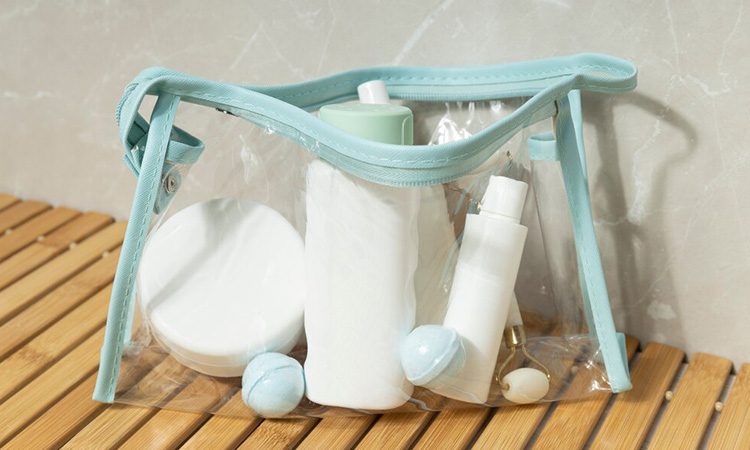The journey of pregnancy is a miraculous time marked by the growth and development of a new life. However, as expectant mothers navigate this period, it’s essential to be aware of potential environmental factors that could impact the health of developing babies. Plastics, ubiquitous in our daily lives, are one such concern. Let’s explore the health impact of plastics on these tiny, growing lives.
Chemical Exposure in the Womb:
Plastics often contain chemicals like bisphenol A (BPA) and phthalates, known for their endocrine-disrupting properties. During pregnancy, these chemicals can potentially cross the placenta, exposing the developing baby to substances that may interfere with hormonal systems critical for growth and development.
Neurodevelopmental Concerns:
Studies have suggested a link between prenatal exposure to certain plastic chemicals and potential neurodevelopmental issues in children. These concerns include impacts on cognitive function, behavior, and attention span. Expectant mothers may want to minimize exposure to plastics to support optimal brain development in their babies.
Reproductive Health Risks:
Plastics may pose risks to the reproductive health of developing babies, affecting both male and female reproductive systems. Animal studies have indicated potential links between prenatal exposure to certain plastic chemicals and altered reproductive organ development. While more research is needed, it emphasizes the importance of caution during pregnancy.
Respiratory Issues:
Plastic additives and particles can contribute to indoor air pollution. Expectant mothers exposed to plastics in their living environment may inadvertently expose their developing babies to airborne pollutants, potentially increasing the risk of respiratory issues in infancy and childhood.
Endocrine Disruption:
The endocrine system plays a crucial role in regulating hormones essential for fetal development. Plastics, with their endocrine-disrupting chemicals, may interfere with this delicate balance, leading to potential disruptions in the development of organs and systems in the growing baby.
Reducing Plastic Exposure:
While it’s challenging to completely eliminate plastic exposure, expectant mothers can take steps to reduce it. Choosing BPA-free and phthalate-free products, opting for glass or stainless-steel containers, and being mindful of the plastics used in the home can contribute to a healthier living environment for both mother and baby.
The health impact of plastics on developing babies underscores the importance of informed choices during pregnancy. By understanding potential risks, expectant mothers can make conscious decisions to reduce exposure and create a healthier environment for their growing babies. From safer product choices to minimizing plastic use in the home, each step taken contributes to the well-being of these tiny footprints on the journey to life.
Next On Your Reading List:


